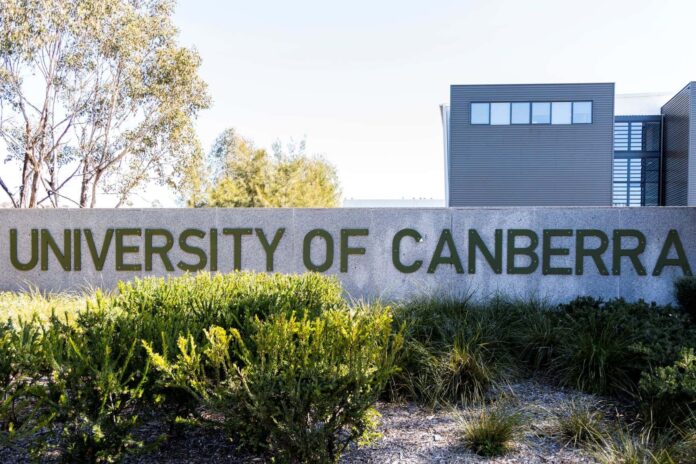
The University of Canberra has announced a new Graduate Certificate in Cyber Security Management that will bridge the gap between cyber security and business.
According to the University of Canberra, digital technology evolution and globalisation has enabled unprecedented connectivity and given rise to corresponding threats and risks.
Course Coordinator and Associate Professor, Information Technology and Systems, Dr Abu Barkat Ullah said that being educated in cyber security not only an information technology (IT) issue, but a business issue as well.
“Being educated in cyber security is a crucial part of business decision-making – and therefore of any contemporary leadership role,” Dr Barkat Ullah said.
The latest data from the Australian Bureau of Statistics revealed that in the 2016-17 financial year, 5% of internet users stated they had experienced abuse of personal information and 9% stated they had experienced damage or loss caused by a virus or other computer infection.
While Dr Barkat Ullah notes that certain times of year – such as tax time – see a spike in online attacks and phishing scams, the increase in remote working due to the Covid-19 pandemic has seen the demand for cyber security solutions double.
Associate Dean, Education at the Faculty of Science and Technology, Dr Tamsin Kelly said that the new Graduate Certificate is about “meeting the needs of the rapidly-expanding cyber security sector”.
“You don’t need previous IT experience to sign up for the graduate certificate,” she said.
The Graduate Certificate in Cyber Security Management is a part-time, online course that is a joint offering from the Faculties of Science and Technology, and Business, Government and Law.
The eight-month course will navigate through business and people management, technological, and legal solutions-based aspects of cyber security, equipping managers with the skills required to build organisational cyber resilience.
For intakes in July and November this year, Commonwealth supported places (CSPs) are available for domestic students, translating to lower course costs.
Dr Barkat Ullah said that students taking the course will be able to articulate cyber security threats and solutions, bridging technology and business to build a cyber safe culture within organisations.
“This course is relevant for everyone from business leaders – and those who aspire to be – to teachers who want to create and support a cyber safe environment within the education sector, entrepreneurs with their own businesses, and administrators handling large amounts of sensitive data,” he said.
“Staying abreast of cyber security issues at all times is the only way for organisations to grow strategically.”
For more news:








